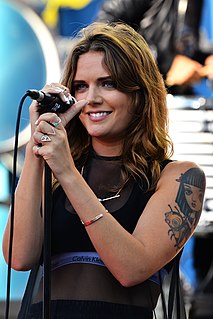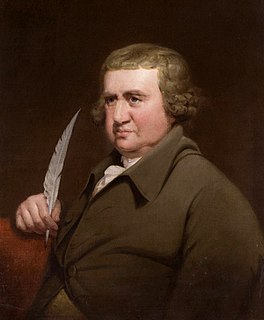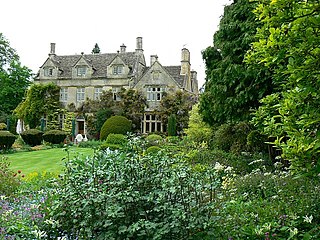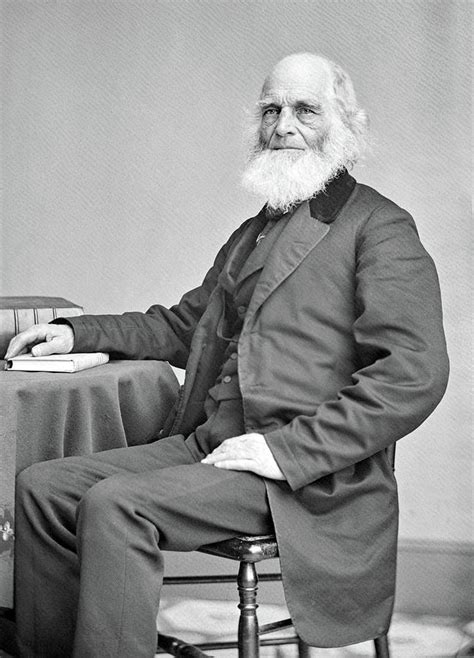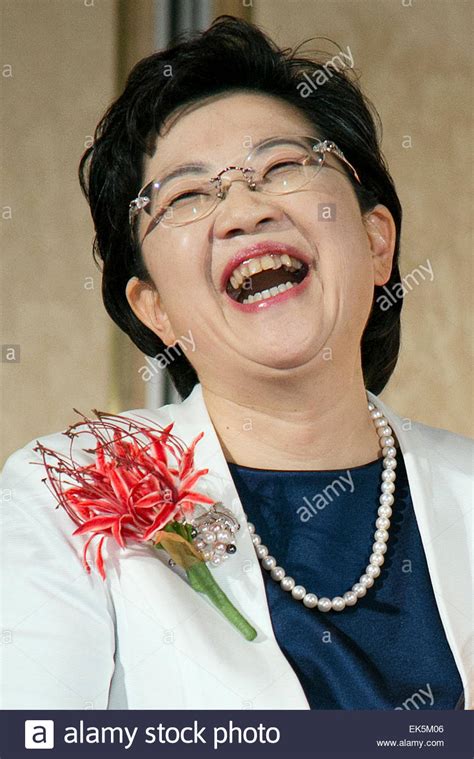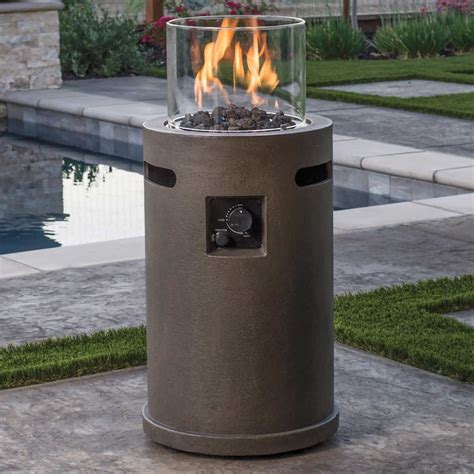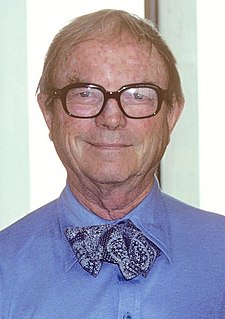A Quote by J. K. Rowling
Everything was curved to fit the walls: the stove, the sink and the cupboards, and all of it had been painted with flowers, insects and birds in bright primary colours.
Related Quotes
Catelyn had never liked this godswood. She had been born a Tully, at Riverrun far to the south, on the Red Fork of the Trident. The godswood there was a garden, bright and airy, where tall redwoods spread dappled shadows across tinkling streams, birds sang from hidden nests, and the air was spicy with the scent of flowers.
Everything had shattered. The fact that it was all still there — the walls and the chairs and the children’s pictures on the walls — meant nothing. Every atom of it had been blasted apart and reconstituted in an instant, and its appearance of permanence and solidity was laughable; it would dissolve at a touch, for everything was suddenly tissue-thin and friable.
I am much more understanding of people than I used to be when I was young - people were either villainous or wonderful. They were painted in very bright colours. The bad side of it - and there is a corollary to everything - is that when we get older, we fuss more. I used to despise people who fussed.
The colours of insects and many smaller animals contribute to conceal them from the larger ones which prey upon them. Caterpillars which feed on leaves are generally green; and earth-worms the colour of the earth which they inhabit; butter-flies, which frequent flowers, are coloured like them; small birds which frequent hedges have greenish backs like the leaves, and light-coloured bellies like the sky, and are hence less visible to the hawk who passes under them or over them.
Colours change: in the morning light, red shines out bright and clear and the blues merge into their surroundings, melting into the greens; but by the evening the reds loose their piquancy, embracing a quieter tone and shifting toward the blues in the rainbow. Yellow flowers remain bright, and white ones become luminous, shining like ghostly figures against a darkening green background.
The summer day is closed - the sun is set:
Well they have done their office, those bright hours,
The latest of whose train goes softly out
In the red west. The green blade of the ground
Has risen, and herds have cropped it; the young twig
Has spread its plaited tissues to the sun;
Flowers of the garden and the waste have blown
And withered; seeds have fallen upon the soil,
From bursting cells, and in their graves await
Their resurrection. Insects from the pools
Have filled the air awhile with humming wings,
That now are still for ever; painted moths
Have wandered the blue sky, and died again
Without birds to feed on them, the insects would multiply catastrophically. The insects, not man or other proud species, are really the only ones fitted for survival in the nuclear age. The cockroach, a venerable and hardy species, will take over the habitats of the foolish humans, and compete only with other insects or bacteria.
The firelight magnified our shadows, glinted off the silver, flickered high upon the walls; its reflection roared orange in the windowpanes as if a city were burning outside. The whoosh of the flames was like a flock of birds, trapped and beating in a whirlwind near the ceiling. And I wouldn't have been at all surprised if the long mahogany banquet table, draped in linen, laden with china and candles and fruit and flowers, had simply vanished into thin air, like a magic casket in a fairy story.

